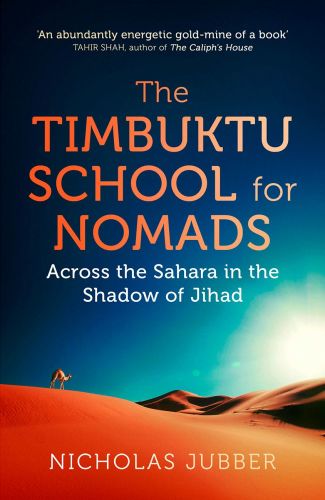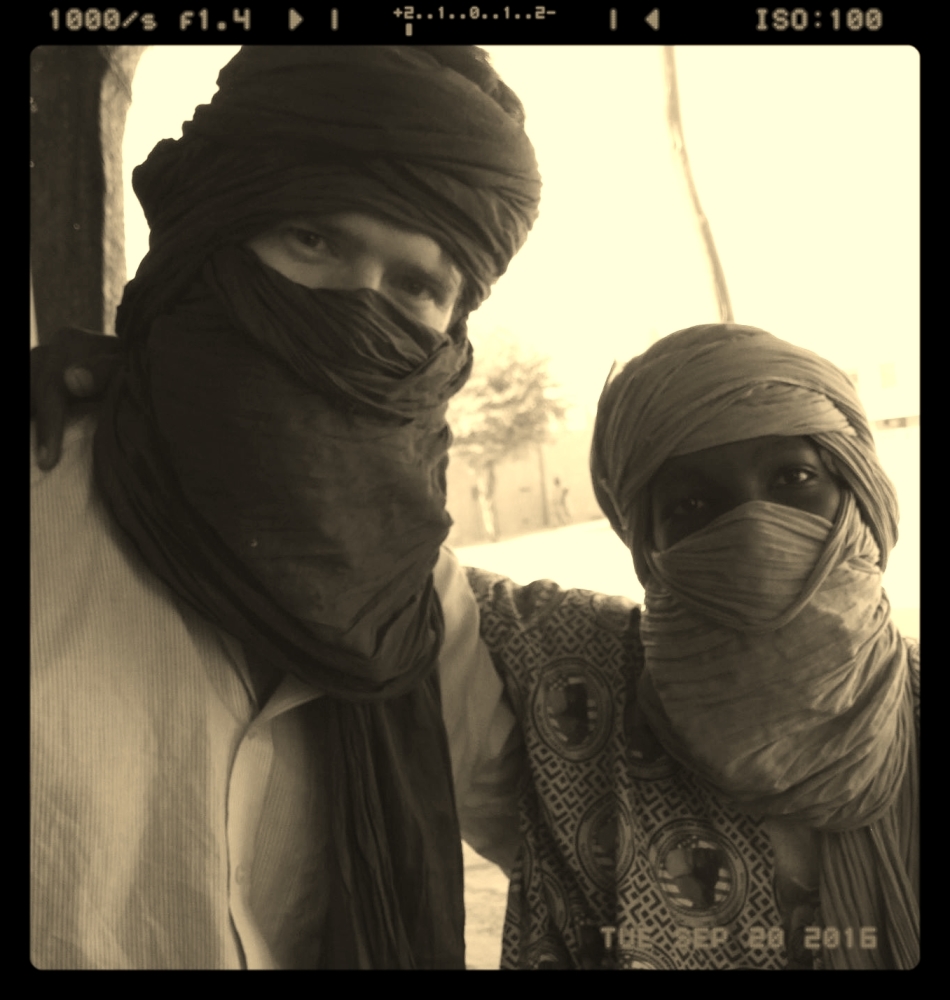Talking about Timbuktu
Posted on
Lots going on in the first few weeks since publication of The Timbuktu School for Nomads. So here's an update.
I wrote an article for The Guardian about travelling in the Sahara, talking about the unpredictable nature of its landscapes as well as the diversity of its cultures.
I wrote an article for the BBC about the trial of Ahmed al-Faqi al-Mahdi, who pleaded guilty to leading the destruction of 9 mausoleums and a mosque door in Timbuktu in 2012. Al-Mahdi has been sentenced to 9 years by the International Criminal Court, but there's some controversy: the charge focused on his crimes against heritage rather than violence against people, and some are concerned that the trial obscures the impunity of more powerful jihadists.
In the wake of the British Government's green light to the Hinkley nuclear project, I wrote an article for the Telegraph about the role of African uranium in France's electricity industry, explaining how this links up to Britain's so-called 'nuclear renaissance'. I also spoke on the BBC's World Service about this issue (my bit's about 29 minutes into the programme). I personally think Hinkley is a really bad idea, as I have argued in the article and interview - not least because it distracts investment and expertise from safer and more enduring forms of renewable energy. The potential for solar power, in Africa especially, is really exciting and due to improvements in technology is growing all the time. As I have mentioned in my book, I believe that solar power could be a key to a more prosperous future for Africa, although it depends on how it's managed. The next few years are going to be critical.
Continuing the climate/energy theme, I wrote an article for Climate Home about the conflicts in the Sahel, especially between herders and farmers, analysing why these conflicts are growing deadlier, and how they have been affected by other patterns and events across the region. The relevance of these issues is growing in Europe, as I explain in my article. We are increasingly affected by migration, arms-smuggling and jihadism; it doesn't do us any good for our neighbours to be war-torn and impoverished. Even if we overlook ethical motivations, it is in our interests for North Africa to thrive.
I've also recorded an interview with CNN, talking about my book, and some of the issues relating to nomadic life in North Africa. This has been presented as a combination of a written article and a video interview, which includes lots of clips from my journeys.

